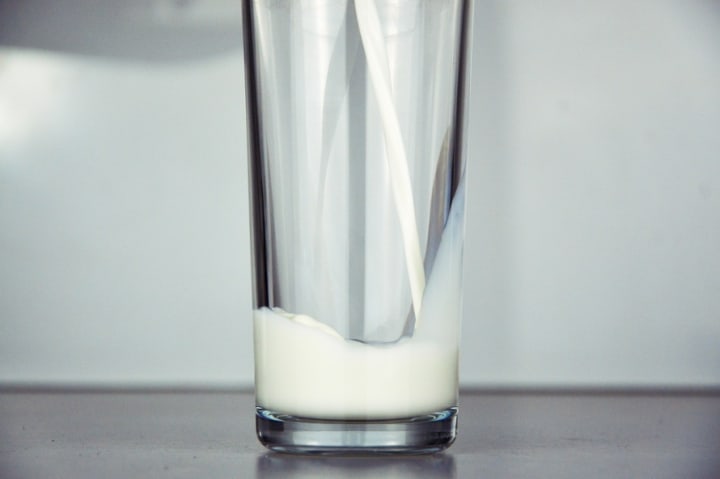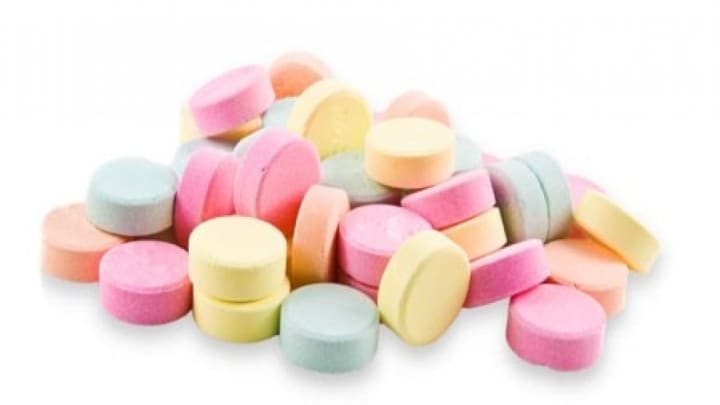The Unknown Heartburn Heroes
We all have to live a little, so perfecting that pH balance isn’t always a priority. Follow these remedies to avoid the burn!

I’m a firm believer that you should never leave home without your common sense, except when it comes to a few health myths. For instance, let’s take a look at the popular treatments for heartburn; also commonly known as indigestion or, in some cases, acid reflux.
Let’s start by clarifying exactly what causes heartburn. Heartburn has nothing to do with the heart and everything to do with the esophagus, particularly the LES. The LES is not only an acronym for the trendy, gritty New York City neighborhood we all know and love, but it also stands for the bundle of muscles situated where the esophagus meets the stomach known as the lower esophageal sphincter. The body’s LES is essentially the gatekeeper that prevents stomach acids from backing up into the esophagus. To put it simply, if the door isn’t completely shut, you’re guaranteed some unwanted visitors.
Your stomach secretes a certain amount of acid as soon as your first bite enters your belly in order to keep the door tightly shut. This prevents food and acid from booking a return flight back up to your plate. In other words, what I like to call TSA (tightening stomach acid) needs to be prepared before potential threats come through to board the body. To keep it tight and right, your stomach contents need to be at an adequately low pH, which means very acidic.
Now we all have to live a little, so perfecting that pH balance isn’t always a priority. In order to tackle the burning question of what to do when the heart is afire, let’s begin by debunking some myths.
MYTH #1: Drink Milk

Milk has an alkaline base, but is acid forming in your body. Put it down. Your intentions may be good, but you’re only adding fuel to the fire.
MYTH #2: Take an antacid

Lastly, a few remedies to keep thinks cool...
DON’T OVERCROWD THE ROOM. Your stomach can only hold so much food at once. Overeating creates pressure on your LES valve causing stomach acids to rise back up into the esophagus.
DON’T ALLOW VISITORS TO OVERSTAY THEIR WELCOME. In other words, poop. Constipation increases the risk of reflux by raising too much pressure inside the stomach cavity.
MAKE SURE THE DOORMAN IS ALERT. Certain foods relax the sphincter muscle (aka the valve) causing acids to flow back up into the esophagus. Foods that are high in acidity can sometimes cause burning irritation within the already highly acidic stomach. These foods can include: tomatoes, citrus fruits, garlic, onions, chocolate, coffee, alcohol, caffeinated products, spicy foods, and peppermint. These foods are also highly acidic. However, as I always say the body is not one size fits all, so keep a food journal to determine which foods cause you heartburn.
CALL UPON REINFORCEMENT. Take a betaine hydrochloride supplement, which can be found in tablet form by itself or paired up with other helpful digestive aids. If you don’t produce enough stomach acid, chances are you aren’t producing certain digestive enzymes. Taking a supplement will help you absorb more nutrients from the food you eat and help to correct the symptoms listed above.
My favorite supplements are: Standard Process Betaine Hydrochloride or Pure Encapsulations Digestive Enzymes Ultra with HCL
SUCK ON A LEMON. I realize it’s counterintuitive, but before you decide to discredit me and google WebMD, hear me out. Lemon is indeed a citrus fruit; however, when lemon juice has been fully metabolized in the body it turns alkaline. Therefore, instead of milking those internal fires for all they’re worth, become your own firefighter with a little sour solvent. When life gives you lemons, eat them!
About the Creator
Vanessa Fitzgerald
Health coach, natural food devotee, yogi, and overall wellness wizard. Learning to put the right foods in her body changed her life. http://vfwellness.com






Comments
There are no comments for this story
Be the first to respond and start the conversation.